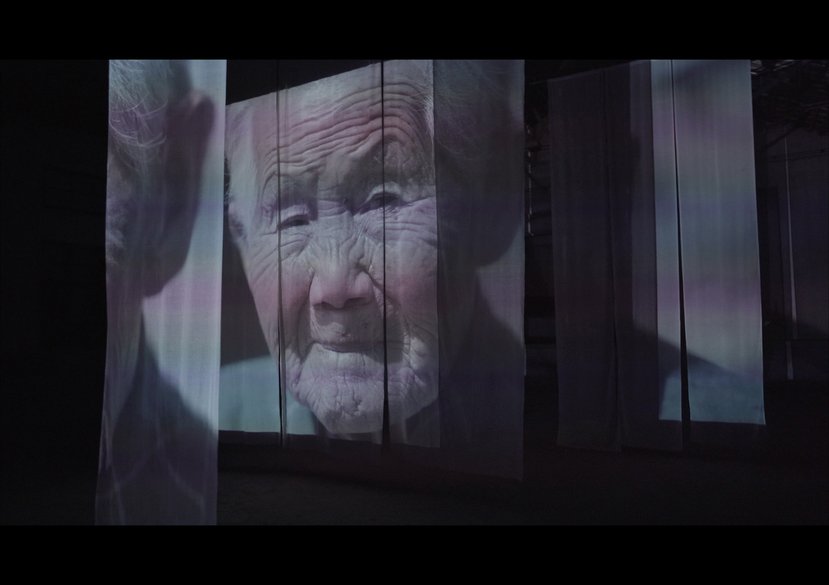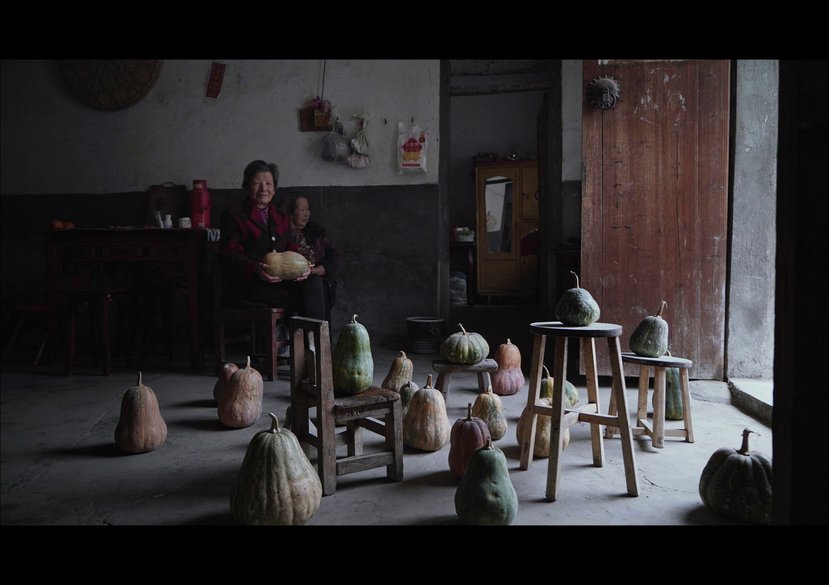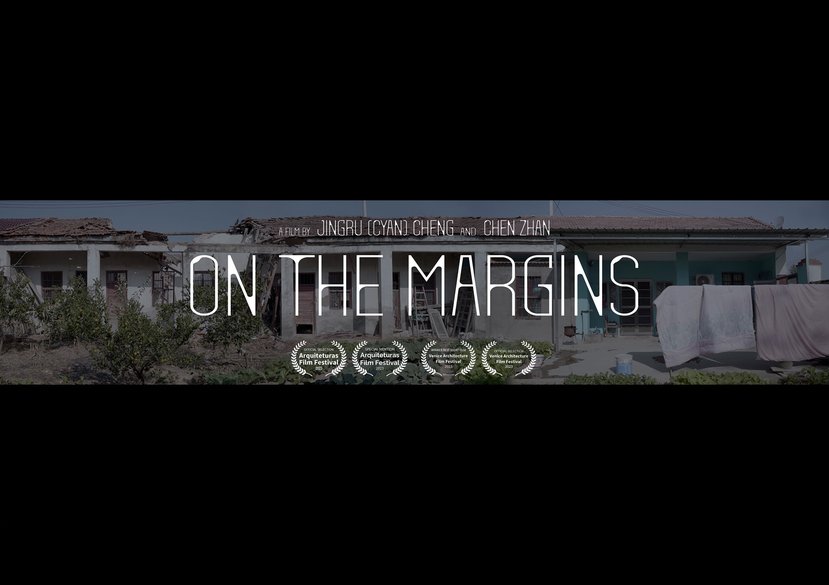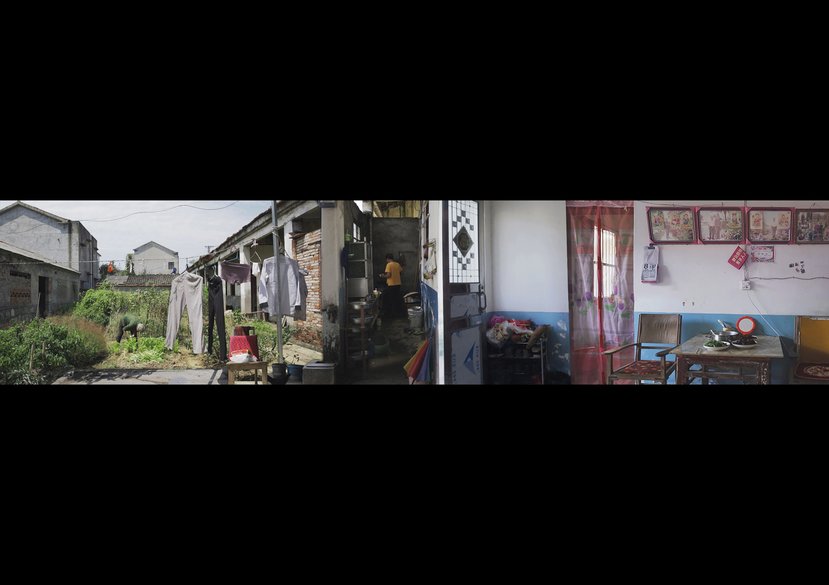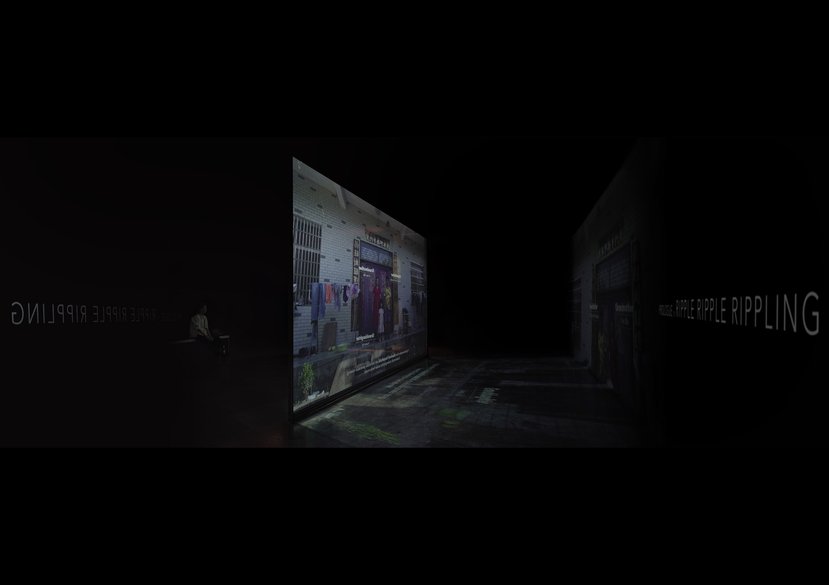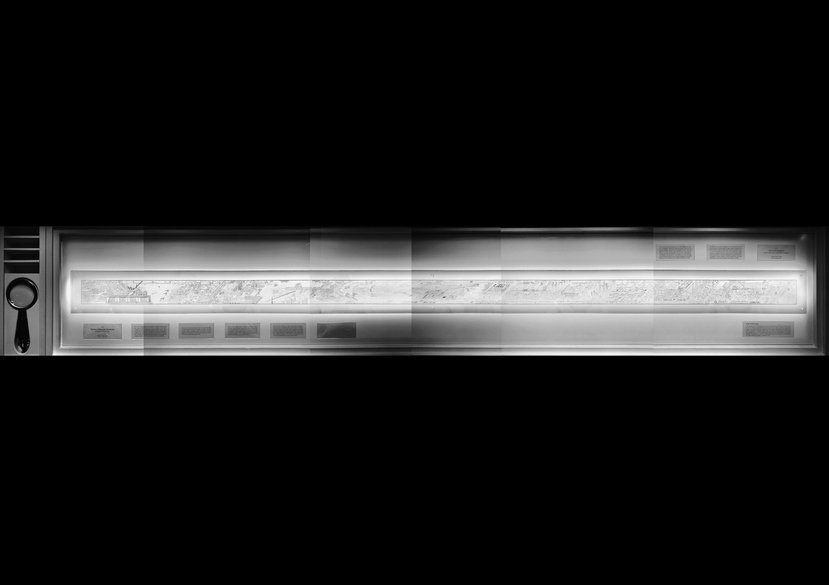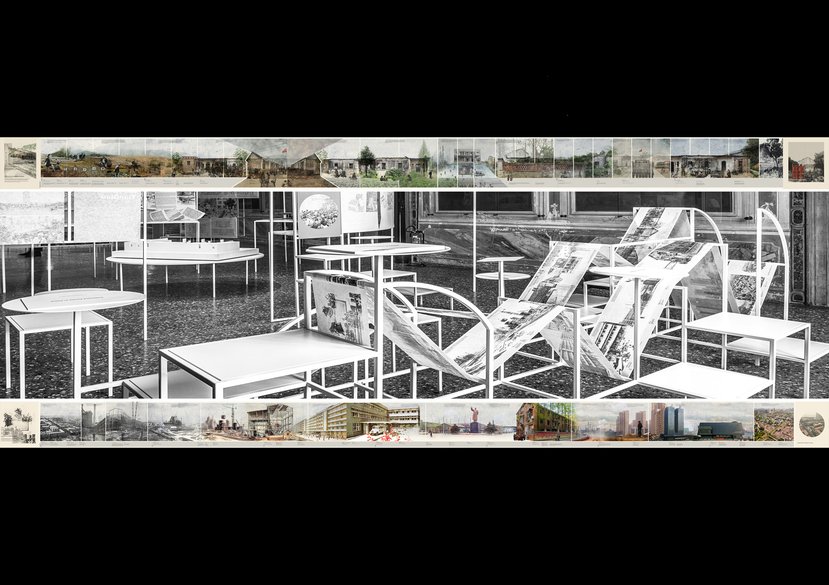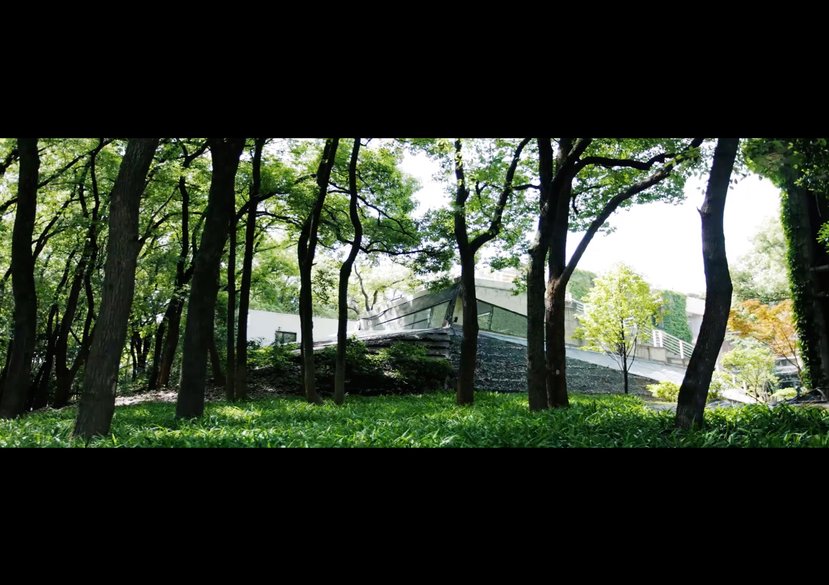
Dr Jingru (Cyan) Cheng
- AcrossRCA Tutor
- Architecture MA Architecture (ARB/RIBA Part 2)
- Tutor
- Design Practice MArch
At the intersection of architecture, anthropology and filmmaking, Cyan traces the entangled flows of people, life forms, matter and the built environment to unpack the interconnectedness and interdependency of our time.
Jingru (Cyan) Cheng works across architecture, anthropology, and filmmaking. Her practice follows drifting bodies—from rural migrant workers to forms of water—to confront intensified social injustice and ecological crisis. Cyan was awarded the Harvard GSD’s 2023 Wheelwright Prize for TRACING SAND, received two commendations from the RIBA (Royal Institute of British Architects) President’s Awards for Research in 2018 and 2020, and won the Architecture Short Film Award at the Milano Design Film Festival in 2024 and the Best Short Film at the Venice Architecture Film Festival in 2023, all as part of RIPPLE RIPPLE RIPPLING.
Cyan’s work has been exhibited internationally, as part of Critical Zones: Observatories for Earthly Politics at ZKM Karlsruhe, Germany (2020-22), Seoul Biennale of Architecture and Urbanism (2019), Venice Architecture Biennale (2018), among others, and included in the Architectural Association’s permanent collection.
Cyan holds a PhD by Design and M.Phil Projective Cities from the Architectural Association (AA) and was the co-director of AA Wuhan Visiting School (2015-17). At the RCA, She co-led the MA architectural design studio Politics of the Atmosphere (2019-22) before teaching at the AcrossRCA and MArch Design Practice. Cyan is also a Canadian Centre for Architecture’s CCA-Mellon Multidisciplinary Researcher (2024-25) on field research as a land-dependent practice.
Gallery
More information
Research Funding
Cyan’s work has been supported by the Harvard GSD Wheelwright Prize Fellowship (2023-25), Canadian Centre for Architecture (2024-25), Storefront for Art and Architecture (2024-25), Graham Foundation for Advanced Studies in the Fine Arts (2024-25 & 2022-23), Elephant Trust (2023), Driving the Human: 21 Visions for Eco-social Renewal (2021), Shanghai Biennale (2020-21), ZKM Center for Art and Media Karlsruhe (2019-20), British Academy (2018-19), Henry Lester Trust (2017), among others.
Awards
Winner, Swanplands: Open Call, Storefront for Art and Architecture x frieze magazine, 2024
Architecture Short Film Award, Milano Design Film Festival, 2024
Winner, Harvard GSD Wheelwright Prize, 2023
Best Short Film, Venice Architecture Film Festival, 2023
Special Mention, Arquiteturas Film Festival, Porto, 2023
Commendation, RIBA (Royal Institute of British Architects) President’s Awards for Research, 2020
Commendation, RIBA (Royal Institute of British Architects) President’s Awards for Research, 2018
Chinese Student Award, Great Britain–China Educational Trust, 2017
PhD Travel and Research Award, Architectural Association, five times during 2015-17
Architectural Association Director’s Selection, 2014
Publications, exhibitions, other outcomes
FILM
The Hall (2024), experimental short co-directed with Chen Zhan and Mengfan Wang [website]
Orchid, Bee and I (2024), fiction short co-directed with Chen Zhan [website]
On the Margins (2023), documentary short co-directed with Chen Zhan [website]
------------------------------
PUBLICATION
Cheng, J (Cyan). (2023) ‘Keywords: Jingru (Cyan) Cheng’. PIN-UP 35, pp. 162-163. [link]
Cheng, J (Cyan). (2023) ‘Structured Ambiguity: Scroll as Method’. AA Files 79, special feature.
Cheng, J (Cyan). (2022) ‘Rippling: Towards Untamed Domesticity’. The Journal of Architecture, 27(7-8), pp. 949-978. [link]
Cheng, J (Cyan). (2022) ‘Collectivisation, Paradox, and Resistance: The Architecture of People’s Commune in China’. The Journal of Architecture, 27(7-8), pp. 913-948. [link]
Cheng, J (Cyan). (2022) ‘Living with Precarity: 1# Not A Manifesto; 2# A Historical Opening; 3# Speculative Anthropology; 4# Situated Imaginaries.’ Column series at KoozArch. [link]
Cheng, J (Cyan). and Zhan, C. (2022) ‘Chairs at the Table’. The Common Table. [link]
Cheng, J (Cyan), Ferrari, M and Hunchuck, E. (2021) ‘Discharging - Sky River’. E-flux x Shanghai Biennale: Wet-Togetherness. [Podcast]
Hunchuck, E., Ferrari, M and Cheng, J (Cyan). (2021) ‘Prologue to the Sky River’. The Avery Review 53. [French translation published in Habitante, no.3, 2022] [link]
Cheng, J (Cyan). (2021) ‘Spatialising Collectivity’. The RIBA Journal. [link]
Jacoby, S. and Cheng, J (Cyan). eds. (2020) The Socio-Spatial Design of Community and Governance: Interdisciplinary Urban Design in China. S.I.: Springer. [Chinese edition published by Tongji University Press, 2023] [link]
Cheng, J (Cyan). (2019) ‘乡/Xiang (Chinese Rurality)’. AA Files 76, pp. 184-188. [link]
Cheng, J (Cyan). (2018) ‘Observations on Agritourism’. Log 43, pp. 59. [link]
Jacoby, S., Cheng, J (Cyan). and Tan, G., eds. (2018) Collective Forms in China: A Contemporary Review, special issue of New Architecture 180.
------------------------------
EXHIBITION
2025, How much wattage is one handbreadth of water, solo exhibition at the Storefront for Art and Architecture, New York, U.S. [with Chen Zhan] (forthcoming)
2024, Ripple Ripple Rippling: 10-Year Review, solo exhibition at the Architectural Association, London, U.K. [with Chen Zhan and Mengfan Wang] (forthcoming)
2023, Ripple Ripple Rippling: Screen Back, at Shigushan Village, Wuhan, China [with Chen Zhan and Mengfan Wang]
2021, Ripple Ripple Rippling: Prologue, Driving the Human: 21 Visions for Eco-social Renewal, at Radialsystem, Berlin, Germany [with Chen Zhan]
2020-22, Sky River: Politics of the Atmosphere, Critical Zones: Observatories for Earthly Politics, at ZKM Center for Art and Media Karlsruhe, Germany [with Elise Hunchuck and Marco Ferrari]
2019-present, Scroll as Method: Structured Ambiguity, permanent collection of the Architectural Association, London, U. K.
2019, WUHAN: Collective Forms in China, Seoul Biennale of Architecture and Urbanism, Korea [with Sam Jacoby]
2018, Collective Forms in China, 16th Venice Architecture Biennale, Italy [with Sam Jacoby, Xiaomao Cao and Huace Yang]
